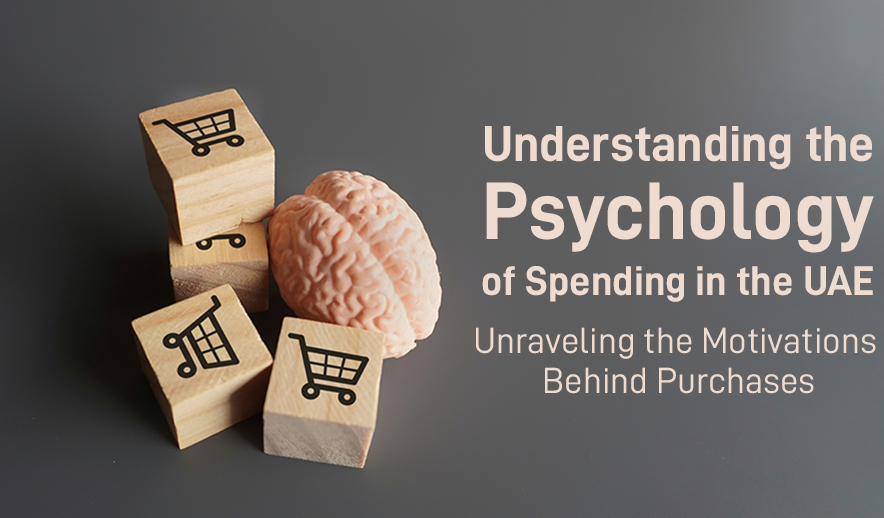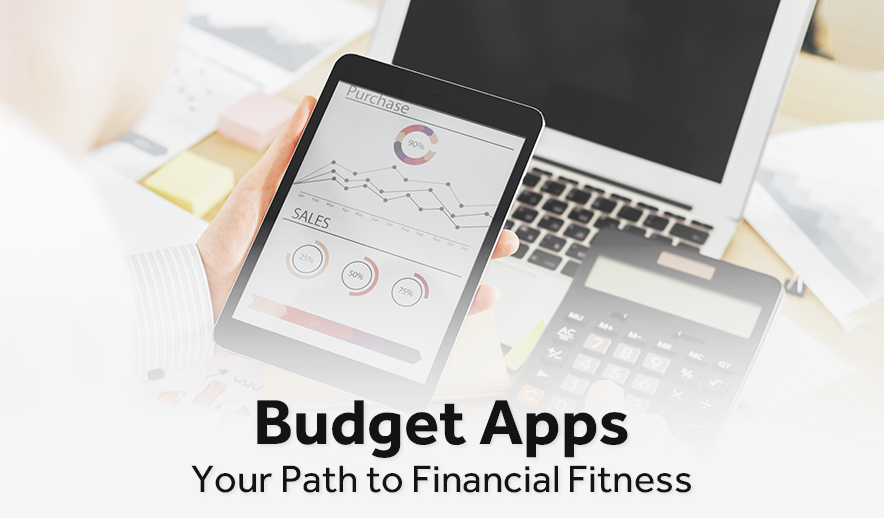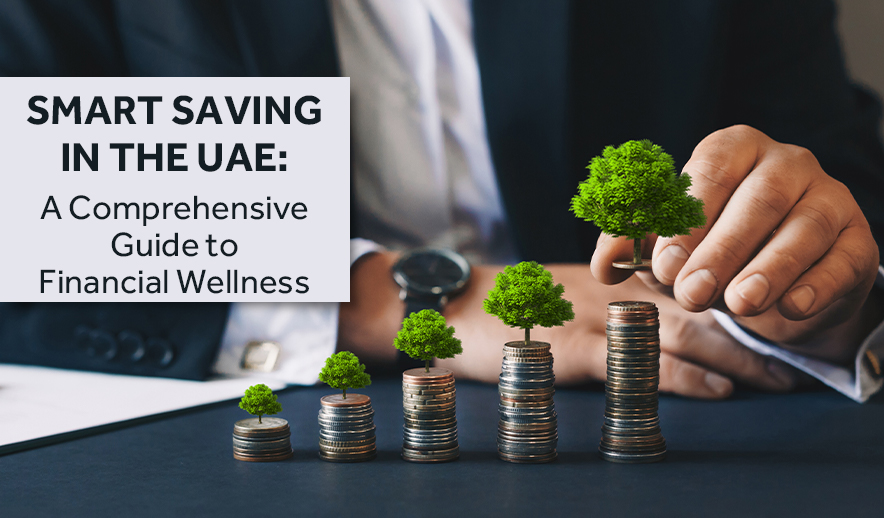Have you ever found yourself craving a takeout or impulsively buying something you did not really need? Our spending behaviors are influenced by various factors beyond simple income and expenses. There is a hidden language in our purchases, reflecting our emotions, values, and subconscious desires. In this article, we will delve into the intricacies of spending behavior, shedding light on the underlying reasons behind our buying decisions.
Emotional Triggers: Emotions often drive our spending habits. Whether it is seeking retail therapy during low moments or celebrating victories with extravagant purchases, understanding these emotional triggers can help us make more mindful spending choices.
Values and Priorities: Our core values significantly impact how we spend money. Whether we prioritize experiences over material possessions or value social responsibility, aligning our purchases with our values leads to greater satisfaction and fulfillment.
Social Comparison: In a world influenced by social media, the urge to keep up with others can lead to unnecessary spending. Recognizing this tendency to compare ourselves with others is crucial in avoiding financial pitfalls and focusing on our individual financial goals.
Habitual Spending: Daily routines and habits can lead to automatic spending patterns that drain our budgets over time. Identifying and addressing these habits can free up resources for more meaningful purchases or savings towards financial objectives.
Identity and Image: Our purchases sometimes serve to project a desired image or identity. Understanding these underlying motivations helps us avoid chasing identities through material possessions and instead focus on genuine experiences and personal achievements.
Deciphering our spending behavior is a journey of self-awareness. By recognizing the emotional, social, and psychological drivers behind our purchases, we gain control over our financial decisions, leading to a more fulfilling and secure future.
Ready to understand your spending habits better? Start by tracking your purchases and reflecting on the emotions and motivations driving them. You might uncover valuable insights into your financial behaviors and pave the way for smarter financial choices.










